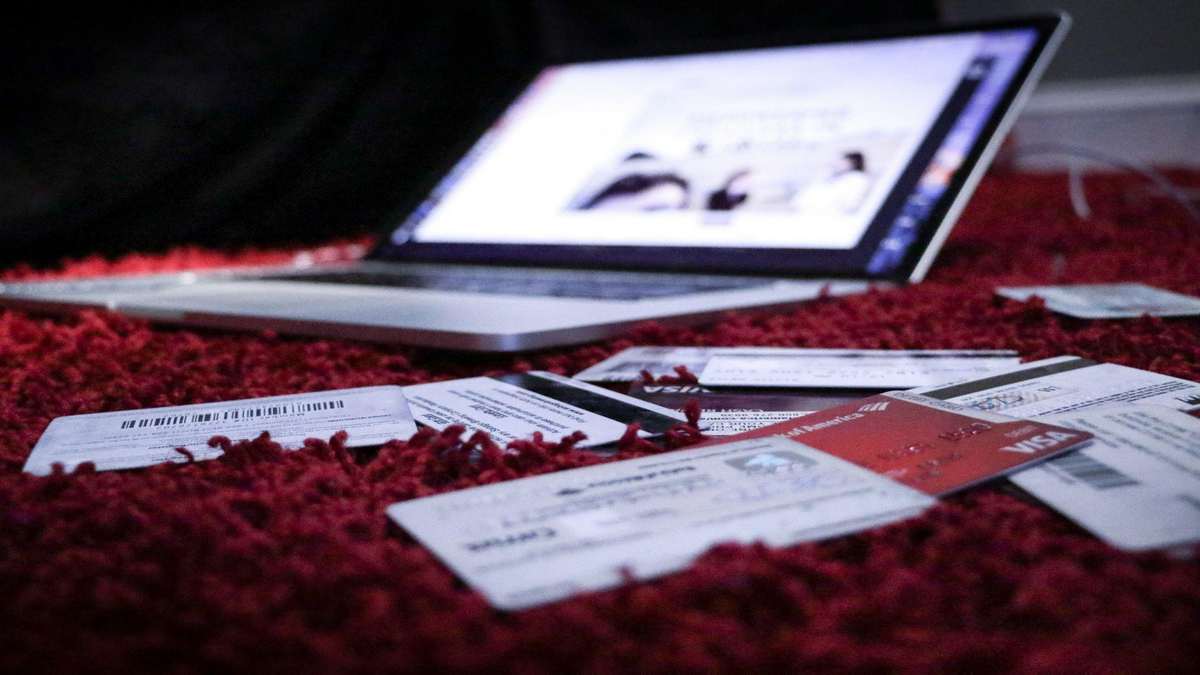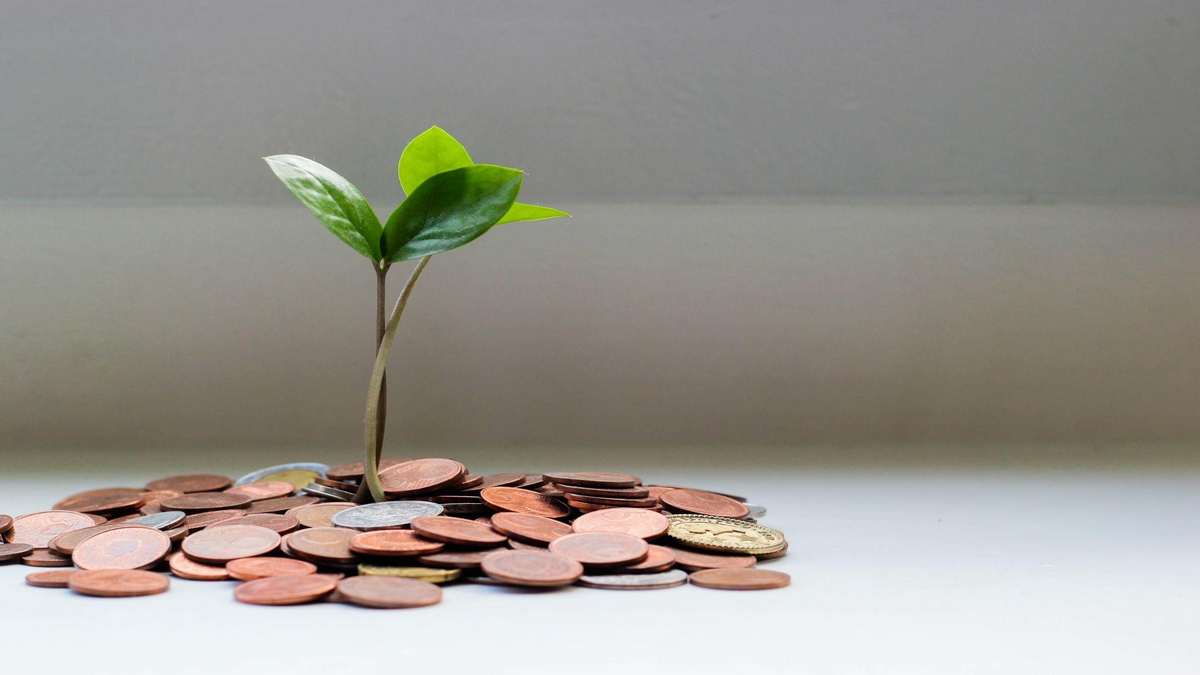6 Ways to Manage Your Finances to Buy a Home
Buying a home is very expensive and will surely impact your finances. You’ll want to make sure you manage your money well, so you can determine what houses you can afford and save enough for a down payment.
In this article, you’ll find six ways to manage your finances when preparing to buy a house. The more you know about saving money for a home, the easier it will be! So, let’s get started.
1. Work on Removing Debts

When you have a lot of debt, you’ll need to focus on getting out of it first. You’ll want to remove as much of your debts as possible before buying a home. When you have many debts, it makes it very difficult to get a home loan as well.
Plus, adding more debt to the pile in the form of a mortgage is never a good idea, especially if you already struggle to make ends meet each month.
Experts recommend that you try debt stacking to remove your debts quickly. This method requires you to pay off your highest debts first and then pay down your less expensive ones. You do this by putting all your extra payments towards the largest debt while only paying minimums on the smallest one.
When you practice debt stacking, you also reduce the interest you pay over the years.
2. Raise Your Credit Score
Next, you’ll want to work on raising your credit score. Even if it’s already fairly high, it can still make a huge difference in how much you get for the home loan, as well as the terms of it.
Check your credit score using a free source online, then determine how best to increase it. You can do this quickly by always paying your debts on time and disputing credit report errors. A good option to check these is through AnnualCreditReport.com.
Some possible errors include:
- Other people’s credit crossing over with your own
- Payments falsely marked as late
- Credit that’s too old to remain listed negatively impacts your score
As you work on raising your credit score, you’ll also naturally have less debt. Over time, you can put more money towards your down payment savings.
3. Save for the Down Payment

Down payments are very costly. You’ll want to start saving up for one as soon as possible. To do this, you’ll need to set up a monthly budget. It also gets easier to save as you pay more and more of your debts off.
Putting down at least 10% is good, but the more you can put down, the better. Try cutting down on expenses you need and see what you can save on. Many also save portions of their tax returns for their home down payments.
As you calculate your monthly budget, you’ll want to consider your down payment as a required expense. It helps to set up automatic transactions with your bank account. For example, you can have it set aside $100 a week (or every other week- whatever works the best for you!). That way, your savings account can grow without you having to monitor it actively.
4. Also Consider Closing Costs
You’ll need to save up for the closing costs too. Many people forget about these fees and are later surprised by the bills they receive after getting their new home.
Closing costs usually are between 5% and 6% of the home’s value, although they can vary greatly depending on where you live. You’ll want to make sure you save up enough!
Say you live somewhere where the closing costs are 5% of the home’s final price. If you spent $250,000 on the home, the closing costs would be an additional $12,500!
Many lenders will add the closing costs into the mortgage, but you won’t want to do that if you can. Over time, the additional closing costs can gather a lot of interest within the mortgage.
Overall, you’ll need to ensure that you don’t forget to save for all the fees you’ll encounter while buying a home. It’s always good to have more money saved than you think you need, just in case something comes up!
5. Use a High-Yield Savings Account
Most savings accounts don’t offer much interest. However, if you use a high-yield option, you won’t need to save for as long to afford a house. These accounts are the same as normal savings but offer much higher returns.
Your money remains accessible while in the account. Although, you’re less likely to touch the money because it stays out of your direct sight.
In short, you’ll want to make sure that you consider all your options regarding high-yield savings accounts. The ones that can offer you more back are best for saving up your money quickly for a home.
6. Research Housing Prices

It’s also essential that you research current housing prices. You’ll get an estimate of exactly how much you need to save when you do. If you’re planning on leaving your local area, learn about the prices where you plan to move instead.
Housing prices are very different depending on the area. For instance, a home in a large, populated city will cost you much more than a same-sized home in a rural area.
Location is very important to many people- you’ll have to live there after all! So, you’ll want to make sure that you always consider prices. Once you know how much the home could cost, you can break up your savings per paycheck.
Overall, you shouldn’t skip out on doing your research!
Get Pre-Approval
Pre-approval is essential when working on your housing finances. After completing all the above steps, you should have no problem finding a home lender who will give you the money you need for the house.
You’ll also know exactly how much you can spend on the home, so you don’t go out of budget after completing all of that hard work getting your money together!